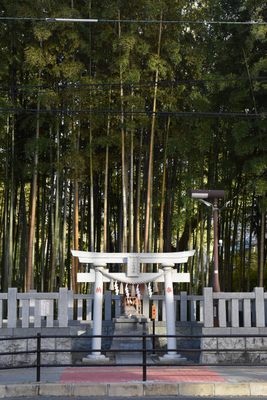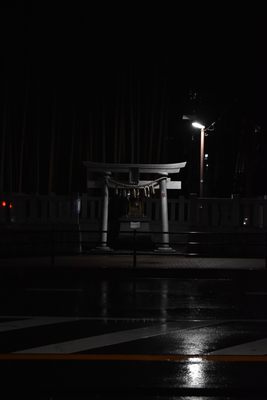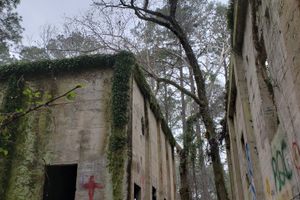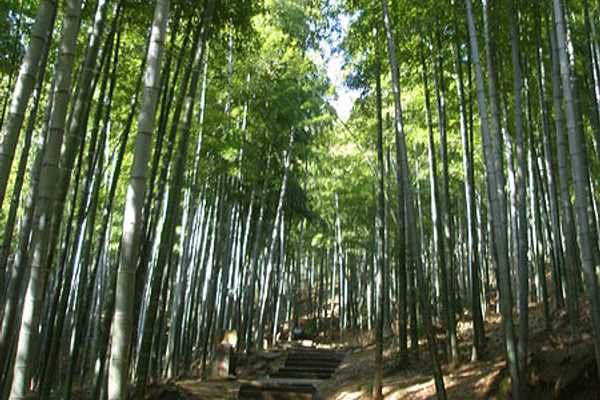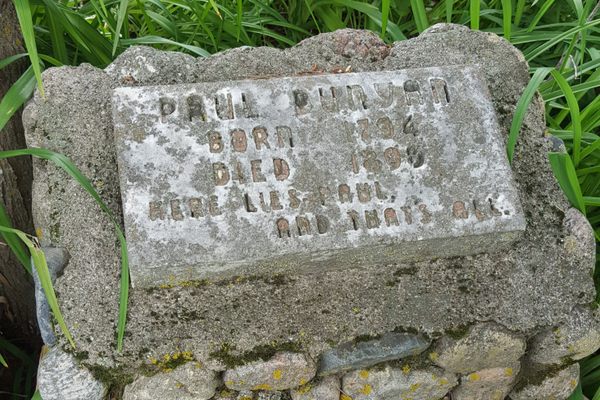About
The forest of Yawata is infamous in Japan, so much that its full name—Yawata no Yabushirazu—has become synonymous with mazes, later evolving into an idiom meaning “to get lost.” Even today, entry into the forest is strictly forbidden and an eerie atmosphere surrounds it. Although the forest is often sited as a haunted spot, it’s not ghosts that make this place spooky, but something else.
Since at least the early 19th century, it has been said that those who enter Yawata no Yabushirazu are bound to get spirited away, never to be seen again (a phenomenon known in Japan as kamikakushi, like the Studio Ghibli movie). This is the most popular legend about the forest, but its origin is disputed. Some blame it on a local kitsune, or fox spirit-deity, while some claim that the forest is haunted by the ghost of some ancient samurai lord, such as Masakado and Yoshimochi of the Taira clan. Other theories posit that there is either a bottomless pit or some source of poisonous gas within the forest.
Once filled with a dozen kinds of trees, Yabushirazu is now mostly a thicket of moso bamboo spread a little more than 40 square yards, and has reportedly been so since the Edo period. Today, it's considered a sacred place and a hokora or small shrine is dedicated to it. It may not look much today, standing next to a parking lot and surrounded by modern buildings, but there's still no guarantee that you can make it out alive.
Related Tags
Know Before You Go
The nearest station is either Keisei Yawata and Moto-Yawata, both about 5 minutes away by walk. Whether you believe in the legend or not, the forest is barred by fences and entry is still strictly forbidden, so keep your visit to the hokora only and remember to be respectful.
Though small in size, Shirazu-no-mori Shrine issues goshuin stamps, which can be purchased at the nearby Katsushika Hachiman-gū for 500 yen.
Hidden Japan: Sado Island, Nara & Kyoto
Explore a different side of Japan.
Book NowCommunity Contributors
Added By
Published
May 7, 2020







